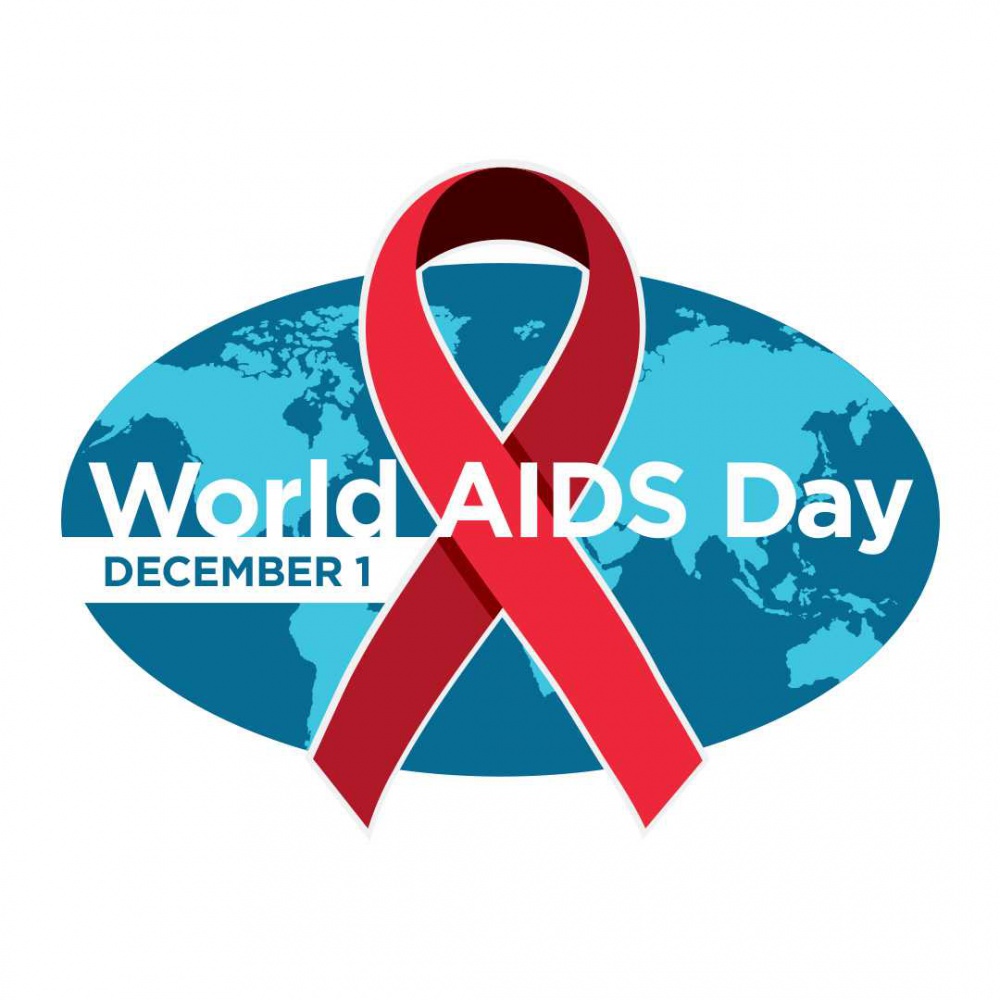December 1 - International Day against HIV
Human Immunodeficiency Virus (HIV) is a retrovirus of the lentivirus genus that causes the slow-growing disease HIV infection.
HIV was discovered in 1983 in two independent laboratories: - at the Institut Pasteur in France under the direction of Luc Montagnier - at the National Cancer Institute in the USA under the direction of Robert Gallo.
HIV is one of the diseases of the 20th century for which doctors and scientists have yet to find a cure. The first case of HIV infection was recorded in Tajikistan 27 years ago, and Tajikistan is among the few countries in the world where the virus has increased by 25 percent over the past 10 years.
HIV damages the immune system, destroys immune cells (CD4+, lymphocytes, macrophages, etc.) and weakens the body's control and protection system against infections and certain cancers. The virus enters into the body and begins to grow actively, the cells "work" in favor of the virus, so the infected person gradually (slowly) develops a lack of immunity.
The last stage of HIV infection is acquired immunodeficiency disease (AIDS), which can develop in 2-15 years, depending on the state of a person's immunity. BPNM is characterized by the development of some cancers, infections or other serious clinical symptoms.
Methods of distribution
HIV is transferred: through blood and other body fluids: semen, vaginal secretions, bile (through unprotected sexual intercourse of various types, transmission of infected blood, through unclean injections from mother to newborn during childbirth, through the use of unclean medical instruments and the presence of injuries to mucous membranes (doctor or patient), breast milk (during breastfeeding).
HIV is not transferred through: saliva and body sweat; handshake and other everyday contacts: hugging, talking, coughing/sneezing; insect and animal bites; household and office supplies; sharing a pool/shower/bathroom/kitchen; sharing public transportation and eating together.
Taking all this into account, December 1 is celebrated annually as the International Day to prevent Human Immunodeficiency Virus, Congenital Immunodeficiency Syndrome (HIV/HIV).
Assistant at the department of neurology,
psychiatry and medical psychology
named after professor M.G. Ghulomov
Abdurahmonzoda Takhminai Amon
Translated
Ismoilov R.

